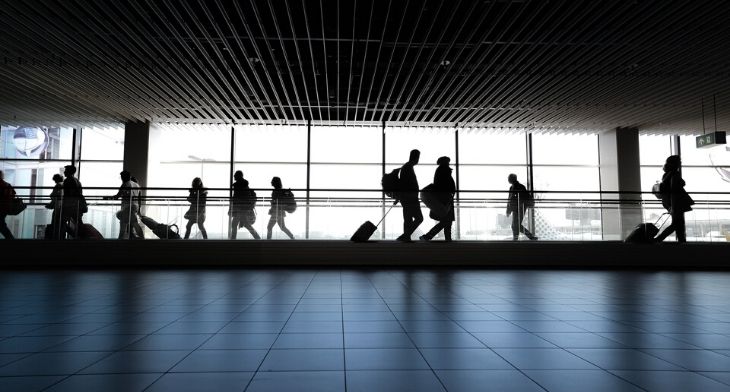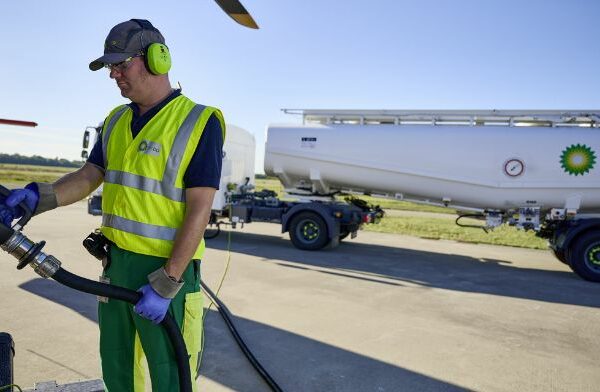


With passenger traffic down by -98% in May compared to the same period last year, European airports only saw 4.3 million passengers travel through their doors compared to 216.8 million in May 2019.
“With well over half a billion passengers lost so far this year and still no revenues coming in, Europe’s airports are anxiously waiting for travel restrictions to be lifted and airlines to resume operations,” said Olivier Jankovec, ACI Europe’s Director General commenting on the drop in passenger traffic. “With the epidemic now de-escalating in many countries and a plan to allow for intra-European travel – at least within the Schengen area – by the end of the month, we are finally seeing some light at the end of the tunnel,” he continued.
However, he warned that with the recovery expected to be slow and gradual he doesn’t see a return to last year’s traffic volumes before 2023. He also argued that the UK’s blanket quarantine will further decimate an already struggling industry.
“Most national authorities are quite rightly taking a phased approach, but it’s vitally important that devices such as quarantine are risk-based and proportionate. If quarantine is used as a blunt instrument as it is in the UK, it is one which will deliver an economic and social blow from which we will all struggle to recover.”
As such government support is essential not just to restore the air connectivity that is underpinning the livelihood of communities, businesses and citizens – but also to safeguard the ability of both airports and airlines to invest and decarbonise.
ACI Europe has also underlined that governments in Europe have almost exclusively helped airlines, with more than €24 billion of financial support already approved – and more to come. However the majority of airports have been excluded from national aid programmes for aviation. Airports have generally benefitted from temporary unemployment schemes, leaving them in an extremely difficult financial situation.
France, Germany and Italy are all cited as cases in point, with all three countries extending €19.3 billion in financial support to their former flag carriers, without providing specific support to their airports.
“Keeping airlines afloat – or rather flying, is obviously in the interest of airports. But this does not per se secure their financial viability,” said Jankovec. “With selective governmental support not benefitting all airlines, and with no condition attached for recipient airlines to support their suppliers – including airports, the current situation creates huge imbalances in the air transport eco-system. This essentially brings us back to the era when the interest of airlines used to command aviation policy, with no consideration for other industry stakeholders – let alone consumers.”
Alongside the national airport associations in Germany (ADV), France (UAF&FA) and Italy (Assaeroporti), ACI is calling on governments and the EU to address these imbalances and safeguard the proper functioning of the Single Aviation Market. Measures the association’s would like to see implemented include:
Allowing airports to benefit from temporary unemployment schemes under the most favourable conditions and beyond the summer months. They would also like to see financial compensation granted to airports for the costs involved in remaining open when travel restrictions eliminated demand for air transport as well as for the costs involved in implementing sanitary measures. Other suggested measures include ensuring that charges paid by airlines for the use of airport facilities reflect underlying costs and the further liberalisation of air traffic rights and relaxation of airlines’ ownership and control rules to facilitate the restoration and development of air connectivity.





